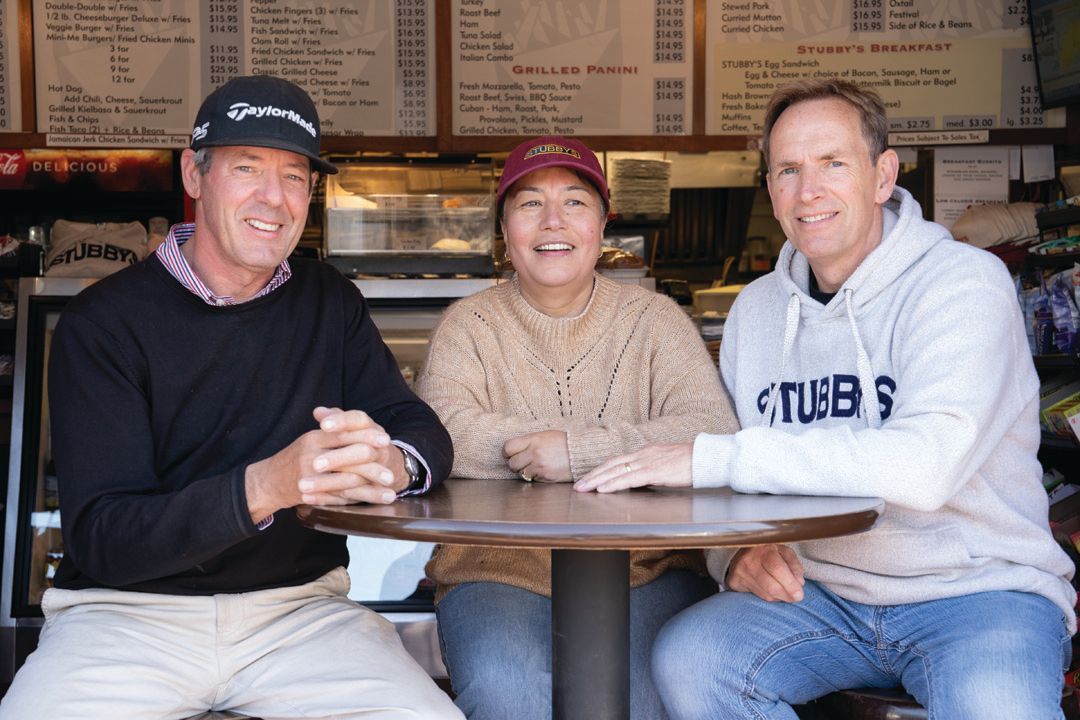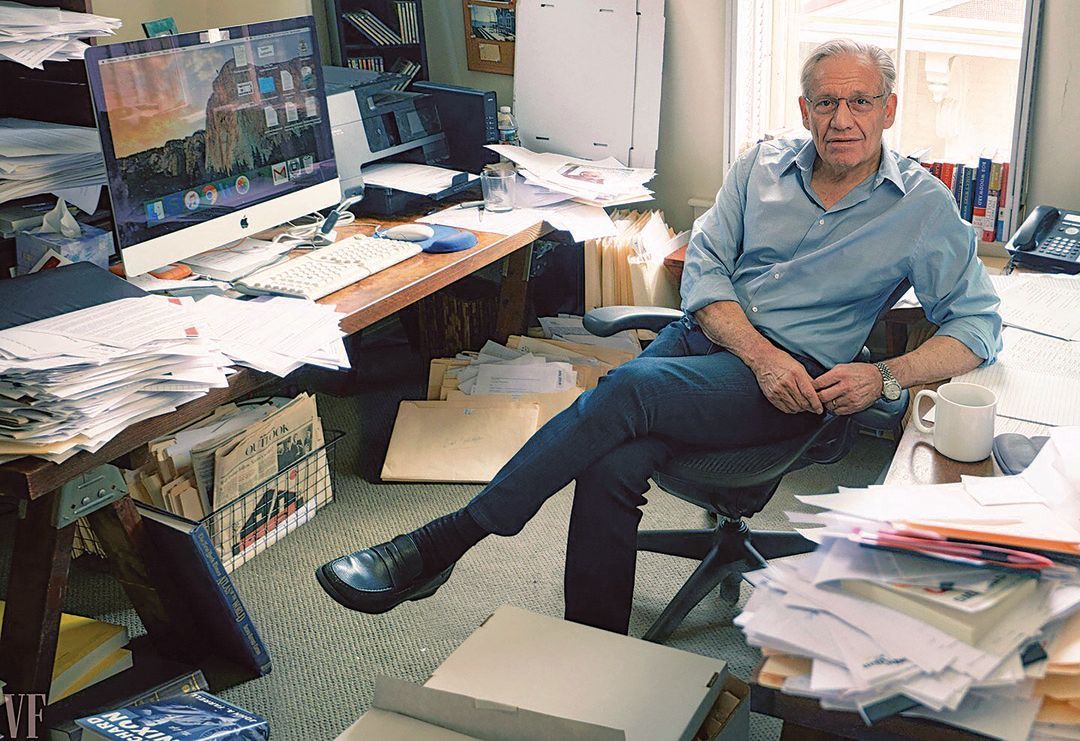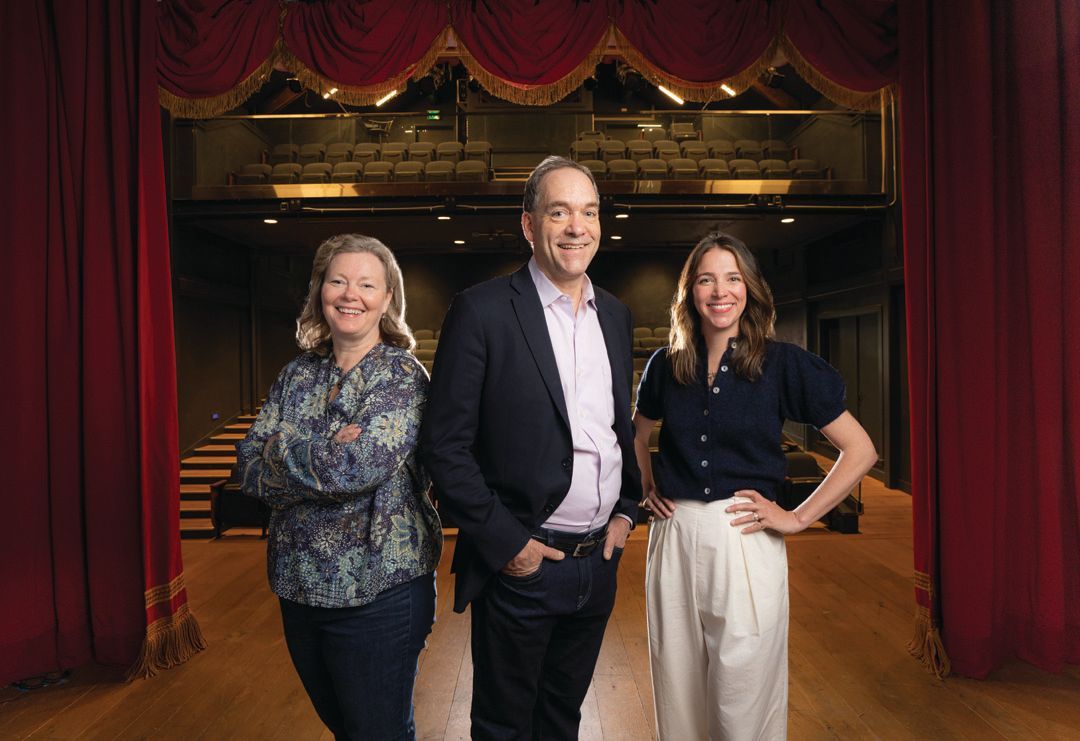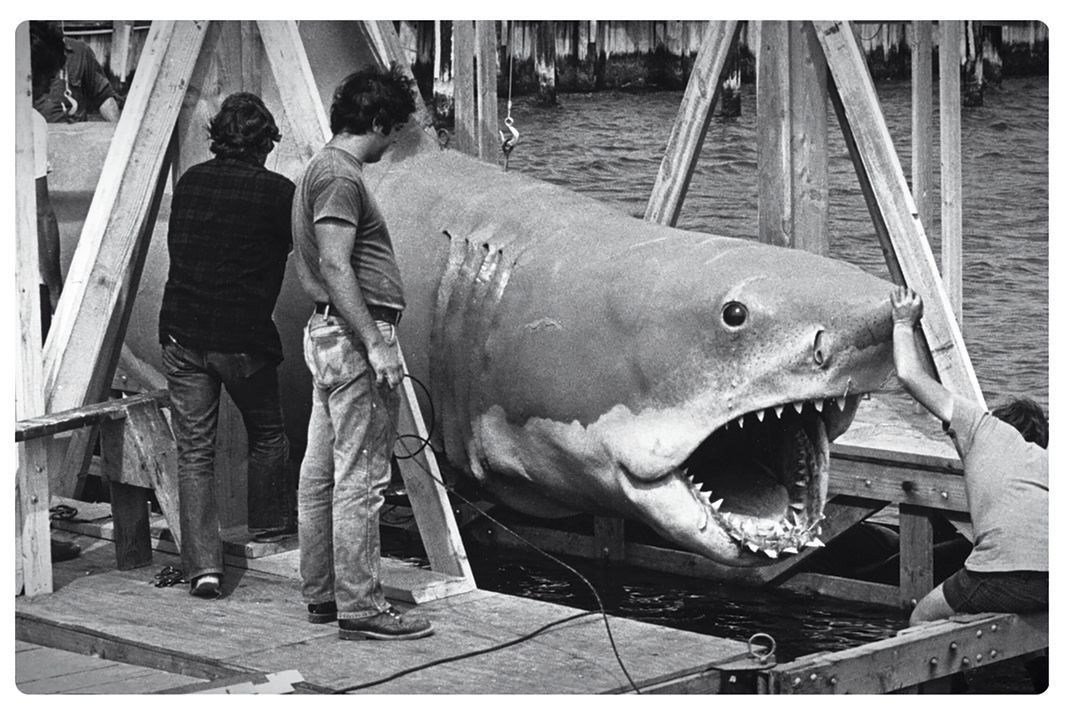The Diplomat
On her fourth trip to Ukraine since Russia launched its invasion in 2022, Mitzi Perdue set up an online mental health counseling program for residents in the war-torn country.
Interview by Brian Bushard
Photography by Kit Noble
Barely into her return from Ukraine as a war correspondent in 2023, Mitzi Perdue knew something was about to go terribly wrong. The instinct kicked in for Perdue—a freelance journalist for Psychology Today and the Foreign Press Association who summered on Nantucket—the second she saw two unknown men step into her elevator at the hotel in Poland where she was staying on a return trip from Kyiv. It all happened quickly. One of the men shoved her. The other stuck a needle in her thigh. This elevator run-in, she said, had quickly turned into an assassination attempt.
Perdue survived that night, and in September, she returned to Ukraine for her fourth trip since Moscow launched its invasion of the eastern European country nearly three years ago. Perdue has written over 100 articles about Ukraine since the war began, documenting human trafficking, the proliferation of land mines and the long-term mental health costs in the war-torn country. On her most recent visit this fall, Perdue—the daughter of late Sheraton Hotels co-founder Ernest Henderson and whose late husband Frank Perdue headed Perdue Farms—helped establish a mental health resource for Ukrainian citizens. That resource, which is available at mentalhelp.global, is designed to handle the overwhelming trauma, panic attacks and depression of living in a country at war. She plans to expand that program to reach a worldwide audience in each client’s native language.
N Magazine sat down with Perdue to discuss her most recent trip to Ukraine and the mental health resource she’s creating, as well as her take on how much more Russia and Ukraine will be able to withstand and whether the end of the war is in sight.
N Magazine: How did you discover Nantucket?
Mitzi Perdue: As a Massachusetts girl, I’ve been to Nantucket several times for visits, but this time, I’ve spent the summer here as a guest of [author] Ken Roman. I’ve loved everything about Nantucket, including the amazing amount of civic participation, the kind you can see in the conservation efforts, the walking and bike paths, the parks and the attention to preserving the architectural specialness of the place. It’s been a dream to spend the summer here, and I’m looking forward to more in the future.
N Magazine: What was the purpose of your first visit to Ukraine?
Mitzi Perdue: I had written this story on human trafficking in Ukraine, and it happens to be a very big issue because the human trafficking cartels throughout the world, when they know there’s a conflict area, they just converge in that country because there will be so many vulnerable women. I wrote about that for Psychology Today, and to my undying joy, my little story reached the chief of police of the Kyiv region. He had written his master’s thesis on human trafficking and read my article and said he liked it, so immediately we’re friends, but second, he said you’ve barely scratched the surface. He said, “If you come, you can be my guest for six days and we’ll show you things that other journalists don’t get to see.” I have since learned that there are virtually no journalists who have as their beat the police and law enforcement in Ukraine, and yet they have some of the most important stories because they’re the ones who document war crimes.
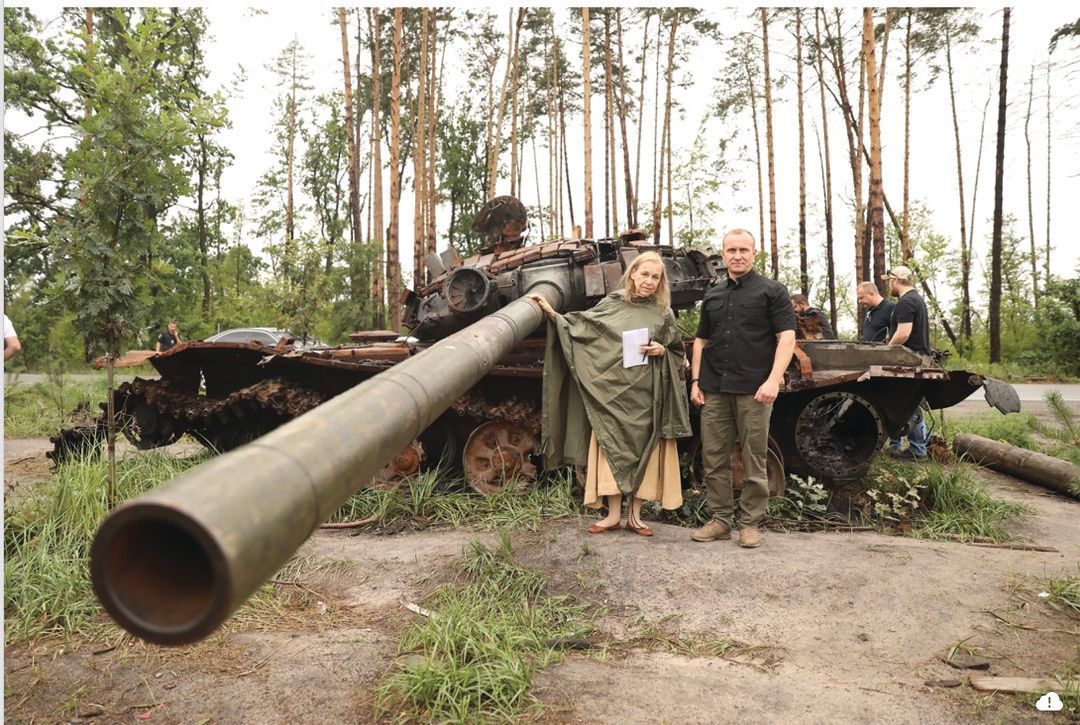
N Magazine: You have written and spoken about land mines, mass casualties and the outright destruction to villages, cities and farmland, which is critical to Ukraine’s economy. Can you describe what you’ve seen in Kyiv and throughout your travels in Ukraine?
Mitzi Perdue: Land mines have to be among the most inhumane things possible. I became really sensitive to it because I was traveling in Ukraine around Christmastime in snow-covered fields. So here we are in northern Ukraine barreling along at 80 mph, and I look at these snow-covered fields that have what look sort of at a distance like a crop of black toothpicks. I look as closely as I can and they’re sunflowers, but unharvested sunflowers, and thousands and thousands of acres of them. Those sunflowers are ruined, they’re unharvestable. The number of people who won’t get their sunflower oil is just staggering. And why didn’t they harvest them? Because those fields have been mined. The evilness of that is bad on so many levels. It’s bad for the farmer, it’s bad for the village that depends on the income from his farm and all the local grocers in that town—it’s just a catastrophic thing locally—but nationally for Ukraine, it means not getting the income from agriculture, which is their biggest source of income. The Russians, by planting those land mines, have caused so much misery.
N Magazine: What do you see as Russia’s purpose of continuing the war if it’s only going to be destroying the country?
Mitzi Perdue: [Putin’s] motive for destroying the country is to create 8 million refugees. You make the place unlivable. If people can’t live there, they’ve got to go elsewhere. The destruction, whether it’s to the buildings or the factories or the water supply or farmland—the purpose is to create millions of refugees, which puts pressure on the West to stop the war at any price. Then there are his deeper psychological reasons for doing it. I hang out with a lot of psychologists and pretty much everybody that I talk with believes he’s a psychopath. Psychopaths have no conscience. They could care less about human lives. They care about their power and their image. I think as a psychopathic dictator, he does what pleases him. I think one of his goals is to be like Peter the Great. Does he care about the misery? As a true psychopath, he could even enjoy it.
N Magazine: From the U.S., we hear about the death toll, but we often don’t actually know the human lives affected. By going to Ukraine, are you able to put the war in a more humanizing perspective and visualize its scale and the toll it’s taking on people?
Mitzi Perdue: I think I do more than average because each time I’ve gone, I’ve been the guest of the Ukrainian police. Say I’m in a town that’s been newly liberated, I’ll be in the police station and people at the town talk with each other and learn there’s an American journalist there who would like to tell their story, and they just line up at the police station in an interview room and I hear their stories. Part of the reason, I’m told, that I got on the kill list is that if somebody’s a journalist and they talk about what’s happening in the war, that rarely tears at people’s hearts. People are much more moved by human stuff, and I think my specialty as a writer is I write the human side. I try to paint what it’s like for a human being living under these kinds of circumstances.
N Magazine: Which stories have stood out to you?
Mitzi Perdue:
While I was there, Kyiv was under active attack. There were 40 missiles that day aimed at the capital city. I was at a school in the immediate suburb of the capital city. The classes are taking place in a bomb shelter and it’s dark and below ground. The class I got to sit in on was a math and physics class, and the teacher told me afterward that she had come into school that day with her arms loaded with games. She said her intention was to try to distract the kids because those kids know that when they come home at night, their building might be in ruins, they might not have their family any longer. She said the kids saw her with her arms laden with all these board games and puzzles and they said, “Put them away, teacher. We don’t want your games, we want to study math and physics, because we know when the war is over, it’s on our shoulders to help rebuild and we have to study now. We’re too young to fight a war, but we could at least give our all to studying.”
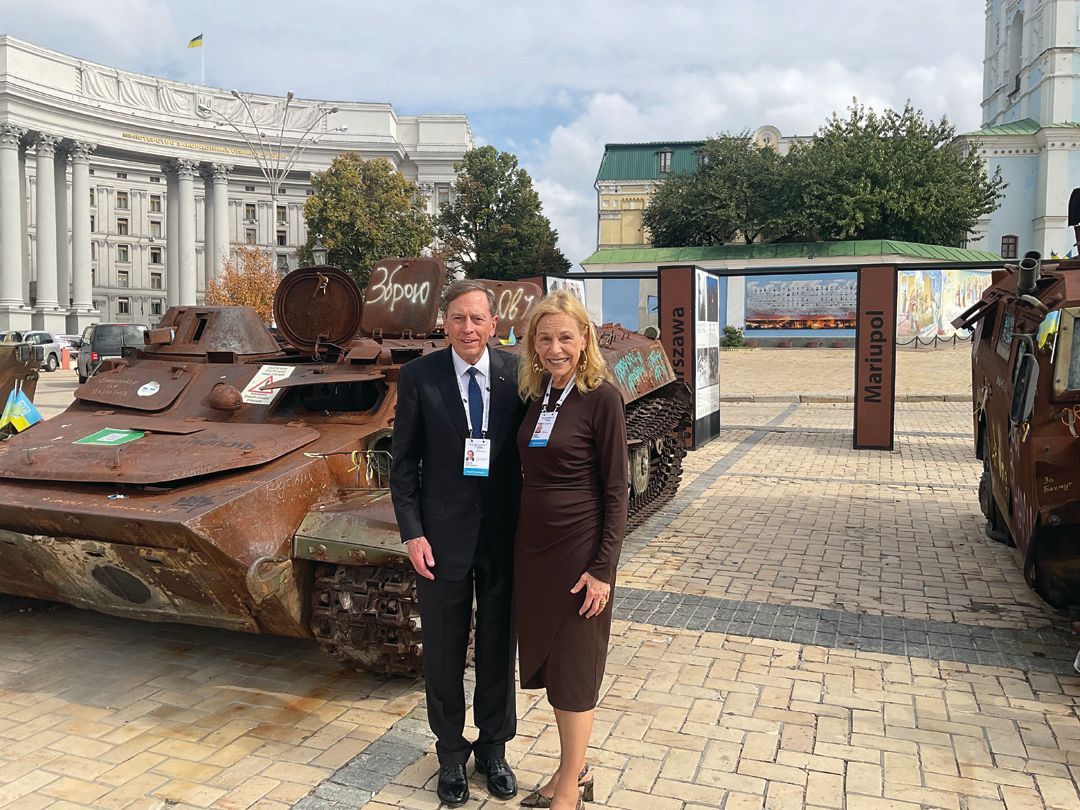
N Magazine: You have obviously recovered from the attempted assassination. Can you describe what led to that attempt against you, and what risk you faced as a journalist in Ukraine?
Mitzi Perdue: While I was in Ukraine, I had constant police protection. I would have four special services guys with me with their AK-47s, so I was pretty darn safe in Ukraine. But when I was in Poland after Ukraine, I checked in at the airport Marriott, and as I’m going to the elevator, I see two people and I get a tickle in the back of my neck. They gave me the spidey-sense of “don’t you dare get on that elevator with them,” so I didn’t. I walked away, and half an hour later I came back and they were gone. I get back on the elevator and they get on at the second floor. I have a terrible problem with the next part of the story because I don’t remember it but I have a physical scar to prove it. I’ve learned there are at least 100 other journalists who have had something similar happen: [The assailants] get on the elevator with somebody, they’ve got to be alone. One of them bumps into someone sharply, and the other sticks a needle in their thigh. Well, I had a scar on my thigh that lasted two months, but I didn’t know at the time because if you’re distracted by someone knocking into you, you’re not thinking of getting injected. When I got into my room, I had this terrible trouble breathing, and I knew I should call the front desk but I couldn’t get myself to roll over to reach the phone. I had a Polish friend, and I texted them “help can’t breathe, room 407 airport Marriott. ”Thank God he was there to get the text. He called the front desk, and by good luck the airport ambulance happened to be in the driveway at that very moment. The desk clerk alerted them there’s someone in room 407 who can’t breathe. They came rushing up, and I think they thought I had anaphylactic shock because they injected me a couple of times with adrenaline. It had no effect, and my breathing is getting shallower and shallower. When you can’t take a deep breath and you’re wheezing—how about scary?
N Magazine: We’re coming up on the three-year mark of the war. Do you see an end in sight, and do you think either side can sustain more?
Mitzi Perdue: One reason I think the end is insight is because the Ukrainians have been spectacular at drone warfare and they are particularly going after the oil refineries. You send a drone toward the most vulnerable part of the refinery, which is the distillation column. You hit one of those and it’s going to be a huge explosion, and the technology to replace it is going to be very difficult for the Russians to get. Right now in Russia there’s rationing. It means it’s harder for them to fuel their army, and President Zelenskyy said[late last year] he wants to build1 million drones. How can Russia defend itself when there are a million drones?
N Magazine: What about congressional spending? What do you believe the U.S. should be doing?
Mitzi Perdue: I’m firmly in the idea of making it all military aid and making this thing end. The slow bleeding to death—where do they even get the idea that this makes sense?
N Magazine: Your most recent trip to Ukraine was with retired U.S. Army Gen. David Petraeus. How did that come about, and what was the purpose of that trip?
Mitzi Perdue: The reason I’m going to Ukraine now with Gen. Petraeus is to meet with government officials and people at the university to operationalize the idea [for a mental health resource]. I’m raising money for it as hard and as fast as I can. Imagine being able to help a billion people [worldwide] in their language at any time of the day or night when they need it. The amount of good this can do is hard to measure. Can you talk about the mental health resource you’re creating, and why you came to create it? I have the privilege and pain of interviewing war crime victims. One of them, a 14-year-old girl named Darya, told the story of how in the town of Bucha she was with her stepfather, her mother and her grandfather and Russians randomly and for no reason machine-gunned down all three. She watched her mother bleed out and described it in horrific detail. As I’m listening to this story, I can’t help but notice that she’s speaking incomplete monotone and describing it as if it happened to somebody else. Since I write for Psychology Today and I hangout with psychologists, I know that she is dissociating, and when somebody is dissociating as badly as she was, they need counseling. It takes so much effort to separate yourself from yourself that you become less functional and the likely outcome is you medicate yourself with alcohol or street drugs.
Somebody who doesn’t get counseling, their future is very worrisome. The policewoman I was with said there are a million kids who have had trauma this great. The current system of providing mental heal this one-on-one, which is very expensive and not available in Ukraine. There’s some available in Ukraine, but on the scale it’s needed, it’s nowhere near. Would there be some way of addressing her situation and those of the others around her? The current system for dealing with them is failing them. With the new large language models, which made possible things like ChatGPT, would there be some way of helping someone like Darya, where she could ask questions and it would interact with her? It’s not an ideal system, but how about it’s better than nothing because right now she has nothing.
N Magazine: What are the biggest things you’ve learned from your time in Ukraine?
Mitzi Perdue: I’m absolutely staggered by the strength and resilience of people. Remember that in Ukraine, they’re having 9/11’s every single day, day after day, unremitting. This gives me a reason to be impressed they’re able to carry on. I’ve been three times. When I leave and get into Poland, I am so exhausted I can hardly get out of bed, and I think what a weak stick I must be if six days drains everything I’ve got. What must it be like if you’re there fulltime and you can’t leave? ’m staggered with amazement with the courage and strength of the people I meet

